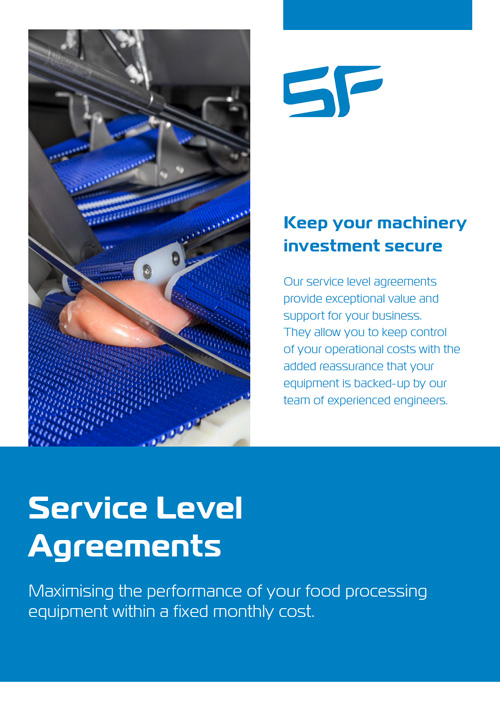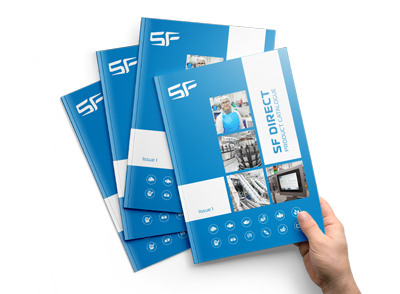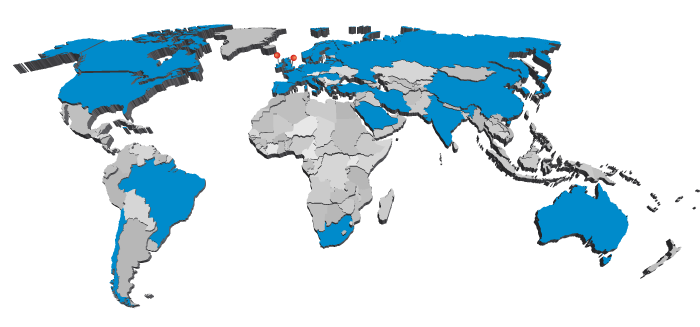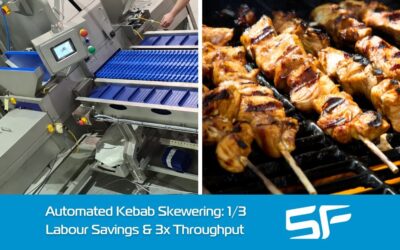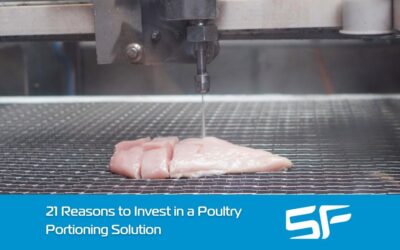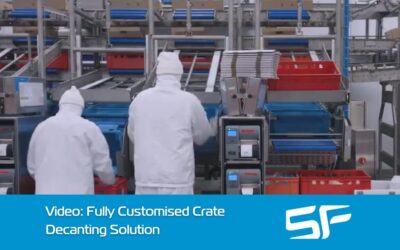The Increasingly Important Role of Consultancy in Optimising Food Manufacturing Facilities
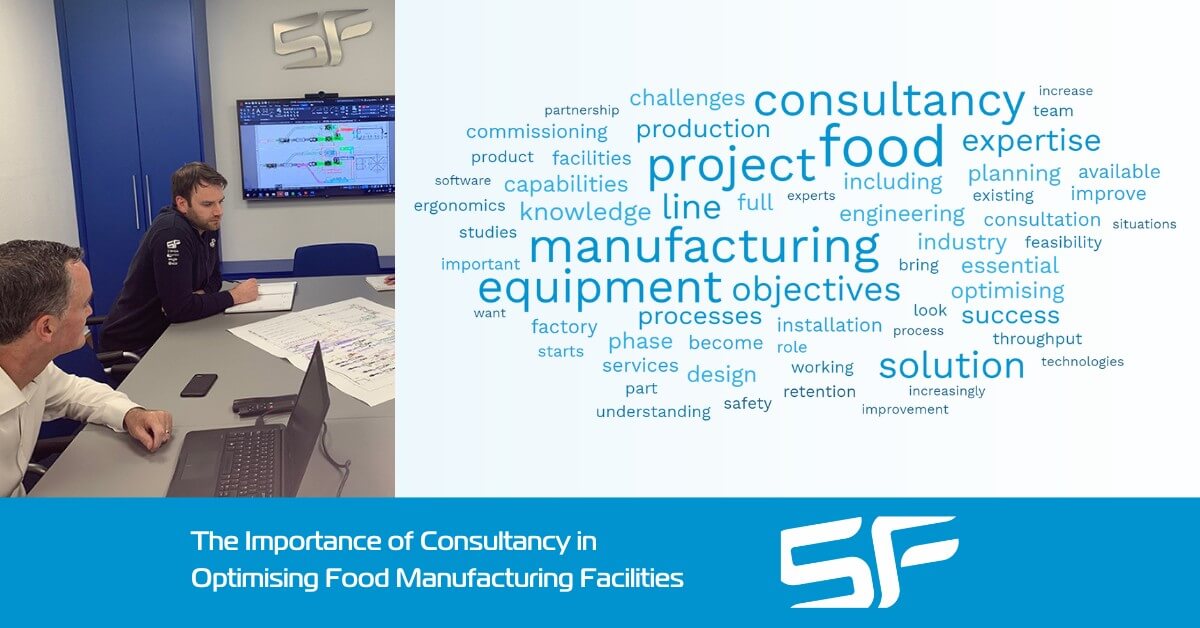
Success for any food production line improvement project starts long before a design is sketched out, a machine is specified, or a software application is configured. Success instead starts at the consultation stage where feasibility studies are conducted, objectives are defined, and challenges are identified.
As a result, the role of consultancy is now essential for optimising food manufacturing facilities. Whether you want to improve existing processes, scale up to increase throughput, overcome existing challenges, or for any other reason, your project should start with a comprehensive consultation phase with industry experts.
Built on a Partnership
There are risks, of course, particularly when the aim of the consultation process is to sell you certain equipment or a specific solution. Square peg in a round hole is the cliché that comes to mind in these situations.
Companies in the food manufacturing equipment industry invest heavily in R&D to ensure food manufacturers always have access to technologies that, ultimately, enhance competitiveness and profitability. It is essential, however, to never lose sight of what needs to be achieved in your factory or on your production line. Every decision that is made and every solution that is developed should be based entirely on your requirements.
This is best achieved when you have a partnership relationship, established at the early stages of a project, with your food manufacturing solution provider. At SF Engineering, for example, we become embedded with our customers on significant projects. This facilitates a situation where our resources, expertise, and industry knowledge become an extension of our customer’s team. After all, our customers are the experts in their facility, products, and operations, but an informed outside perspective helps drive the right solution.
Becoming embedded in a project also builds stronger partnerships with our customers, as well as giving the SF Engineering team the opportunity to see and experience the factory in detail, where we live and breathe the challenges.
In other words, the aim is to develop something more than a customer-supplier relationship. Instead, your objectives become our objectives, your challenges become our challenges, and our success is directly linked to your success.
Essential Characteristics of a Food Manufacturing Solution Consultant
There are a number of essential characteristics that you should look for in a food manufacturing solution consultant:
- A wealth of direct industry knowledge – food manufacturing equipment knowledge is a given, but it should go deeper than this. At SF Engineering, for example, we have extensive experience in the protein sector, bringing to another level the wealth of knowledge that we offer to red meat, poultry, and fish processors.
- Ability to give full consideration to existing equipment, including how and if it should be integrated into the new line.
- Process knowledge and understanding, particularly when developing solutions for fresh food manufacturing facilities. This includes developing solutions that make priority pieces of equipment fit into the required process flow.
- An unwavering focus on your business objectives and ensuring you achieve a return on investment within an acceptable timescale.
- Commitment to ensuring sufficient resources are available at all times throughout the project, including during the consultancy phase and as the project progresses through the design, planning, equipment specification, manufacturing, installation, and commissioning
Capabilities and Expertise
This blog is part one of a two-part series on the increasingly important role of consultancy in optimising food manufacturing facilities. In the second part, we’ll look at SF Engineering’s consultancy capabilities and the expertise we can bring to your project, from the earliest scoping meetings through to ongoing maintenance services post-installation.

